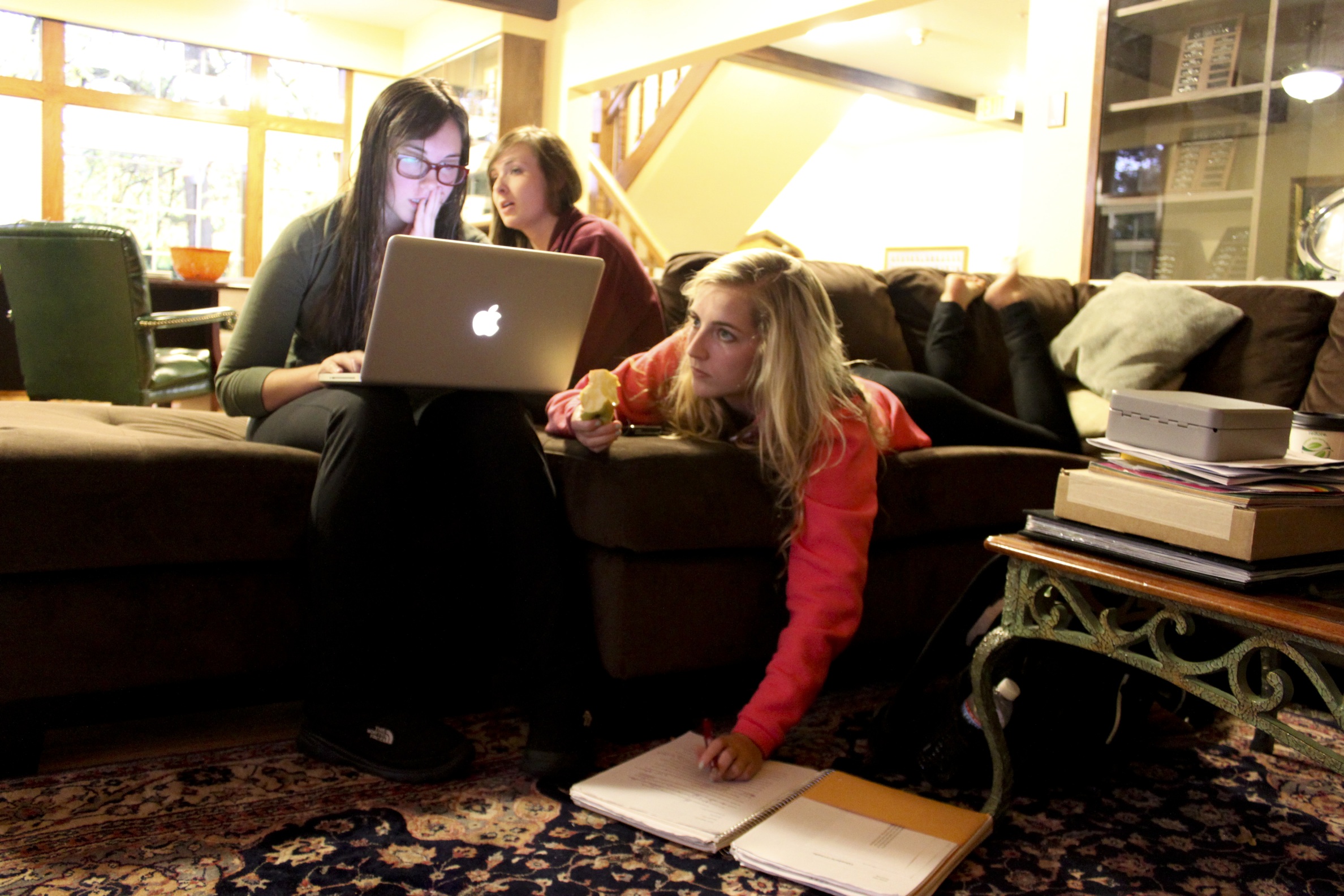
The autumn leaves fall and the freezing winds force us all to add extra layers onto our already multifaceted wardrobes. While the crisp air brings the first hint of the holiday season, it is also the harbinger of the ever-increasing workload, approaching finals and, of course, panic attacks and all nighters for those who are working on senior theses.
While the days slowly, sometimes agonizingly, creep by, one thing becomes clear: time is of the essence.
Those of us who cannot manage our schedules and find time for everything that needs to get done will fall into the comatose-like despair of the pre-holiday workload onset. Hopefully, this week, I will be able to help alleviate some studying woes by helping you to better manage your time.
I am constantly hearing friends who are dedicated students comment on the fact that no matter how much they study for some classes they seem to only receive average, often lower, grades.
These friends are no slouches; they make notecards, have study groups, spend hours on one subject only to be deflated each time a grade comes out. Well, as I mentioned before, time management is key to ameliorate our stress loads.
First of all, while cramming seems like a good idea and some will profess that it “works” for them this usually just leads to late nights, irritable moods and the common cold.
As a remedy for those late nights of chugging down caffeine in any form I suggest planning out a study schedule well ahead of the actual exam date.
Most classes receive a syllabus for the semester or by week so that we can plan ahead; use this gracious gift from the professors as a tool to de-stress your life.
What helps me to manage my life and classes is to begin studying for “normal” exams a week before the date they are scheduled. By normal exams I mean ones that fit within a set 50-minute class period and not more cumulative ones such as mid-terms or finals.
Beginning to study a week ahead of time gives you seven glorious days to study the material one section at a time, instead of trying to cram weeks’ worth of knowledge into your cranium at the drop of a hat.
For studying, just take it slow, an hour or two a day and by the time your exam comes around the information should be firmly implemented in your brain.
Another little tip, try to study without your computer.
Distractions occur so easily in daily life so do you really need to add an illuminated screen into the equation?
You may be asking, “How do I study for a class with weekly quizzes that does not give me the leisure of spending a week on the material?” Well, let’s be honest—quizzes are pretty much the bane of college existence and an extremely irksome invention.
The main thing about quizzes is to just try and spread out your studying as much as you can, especially if you have noticed their dates ahead of time. Really the only thing you can do is perpetually study a little each night if you have a quiz-based class.
Enough about quizzes and tests—what about finals? The elusive final is a creature of another class entirely. This formidable foe has been known to leave grown college students cowering in their dorm rooms for fear of the blue book kraken unleashed at the end of every semester.
Hopefully armed with my advice you will survive the upcoming months and not give in and succumb to the power of the beast.
On a lighter note finals are not untamable, they just appear so at first glance.
Like with a “normal” exam, if you just give yourself enough time to study at a leisurely pace you can manage the pre-exam nerves. Thus, I suggest beginning to study for finals a good four weeks before they occur.
Once again just a couple hours of study a day can do a world of good. As they say, an apple a day keeps the doctor away. Likewise, an hour of study a day keeps the finals panic at bay.
The main necessity when studying for a test or final is to give yourself time to work out the jitters. Own the material and the tests. Don’t let them shock you into submission.
Studying does not have to be an agonizing experience if you just continually chip away at the material piece by piece.
Just remember to take control of your study habits and plan ahead.Happy hunting and good luck with the rest of the semester Puget Sound.
